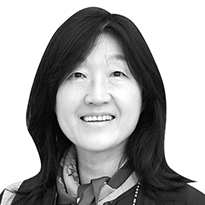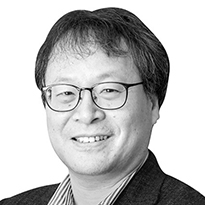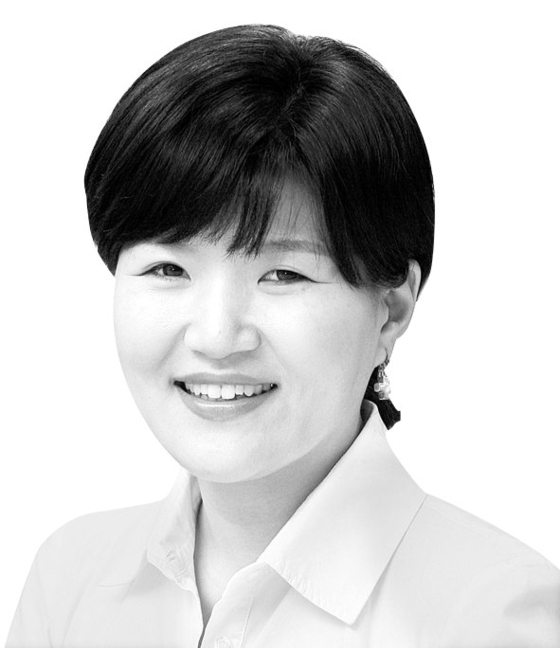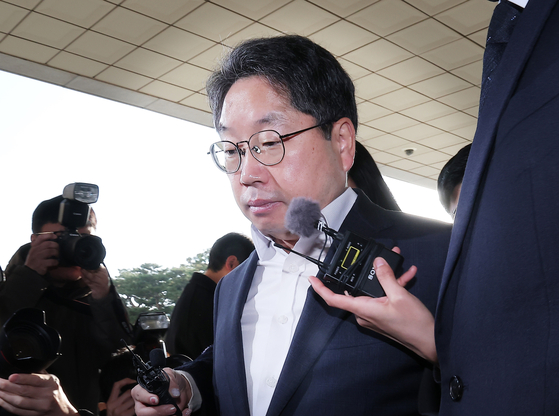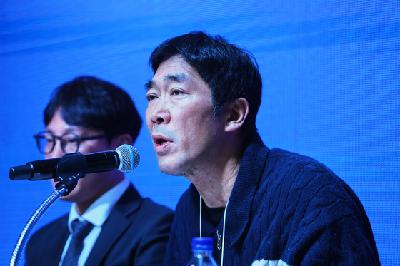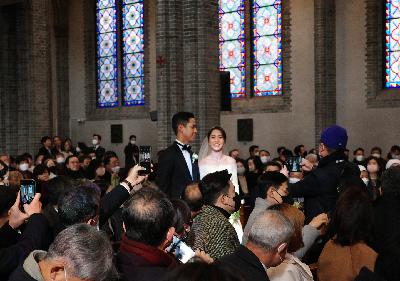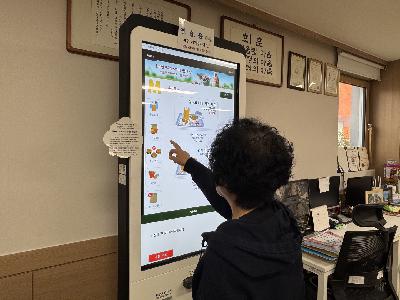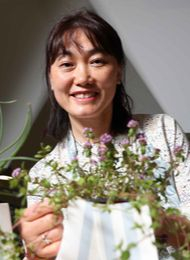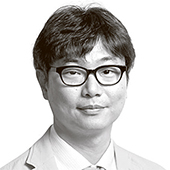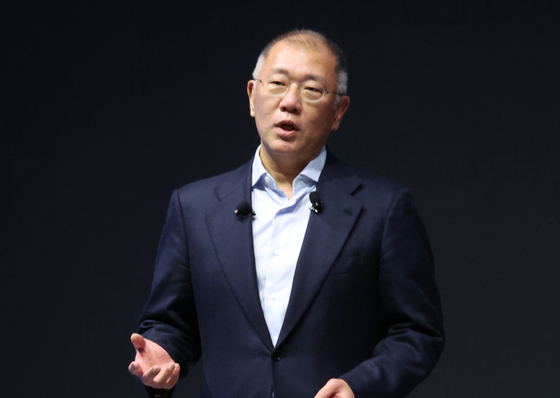Choi Chi-won’s second summons and connecting Korea with China
Update: 2025-11-04
Description
Kim Myung-hwa
The author is a playwright and director.
Choi Chi-won (857-908), a Confucian scholar of late Silla (57 B.C.-A.D. 935), was born in Gyeongju. At age 12, he left for early studies in Tang China, pushed by his father to pass the civil service exam if he was to go abroad. To stay awake, he pricked himself with a needle while studying, eventually entering office. During the Huang Chao Rebellion, he wrote the "Proclamation to Repress Huang Chao," earning acclaim as a writer.
But he was unable to settle in the turbulence of the Tang court and returned to Silla. On that journey, he composed the poem "Crossing the Sea." A few days ago, Chinese President Xi Jinping quoted its first line - "With sails raised I set out to sea, a long wind drives me 10 thousand li" - during a state banquet with Korean President Lee Jae Myung. Xi used the same line 12 years ago when President Park Geun-hye visited Beijing.
Whether this reflects Chinese admiration for Choi or a scarcity of suitable classical references in Korea-China relations remains open to interpretation.
According to the Samguk Sagi, the young Choi returned to Silla hoping to serve his homeland with the knowledge gained in Tang China. But he found a country in decline. "The world was in chaos, and many were suspicious and unwelcoming, so he was sent to provincial posts," it writes. He did not achieve high office, yet it may have been this distance from power that allowed him to produce writings influential in both Korea and China for centuries.
Choi is also valuable in understanding the performing arts, where records from the Three Kingdoms era are scarce. He described the Hwarang spirit as pungnyudo - the "Way of Wind and Flow" - recognizing the place of art in human life. In his poem "Five Performances of Native Music," he listed court entertainments such as geumhwan (juggling golden balls) , woljeon (masked play with satire and humor) , daemyeon (masked dance drama) , sokdok (group dance with drums) and sanye (lion mask dance). Though many of these likely came through China or the West, he called them hyangak (native music), not Tang music, as he valued the transformation of foreign culture into Silla's own.
Neither fully accepted by Tang nor Silla, Choi nevertheless connected both worlds. His spirit - spanning kingdoms and centuries - remains relevant in the 21st century. May that commitment to understanding carry across distances, even to the U.S. and China.
This article was originally written in Korean and translated by a bilingual reporter with the help of generative AI tools. It was then edited by a native English-speaking editor. All AI-assisted translations are reviewed and refined by our newsroom.
Comments
In Channel

